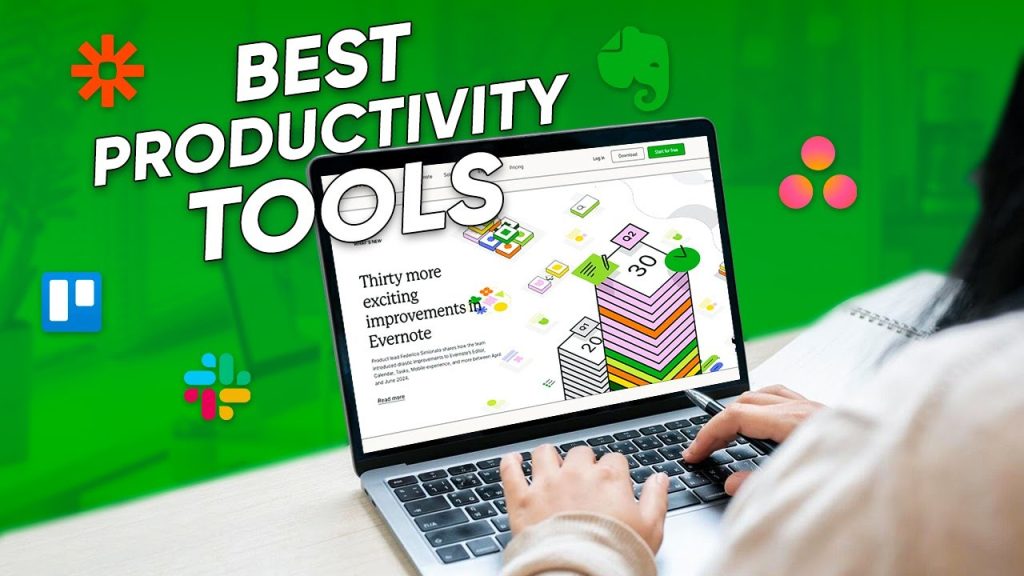In today’s fast-paced work environment, it can be easy to feel overwhelmed and overworked. With tight deadlines, demanding clients, and endless to-do lists, it’s important to know when to say no at work. Saying no can be difficult, especially if you’re someone who likes to please others and take on more than you can handle. However, learning when and how to say no can help you maintain a healthy work-life balance and prevent burnout.
One of the biggest reasons why it’s important to say no at work is to protect your mental and physical well-being. Taking on too much can lead to stress, anxiety, and even depression. It can also impact your physical health, leading to issues like chronic fatigue, headaches, and digestive problems. By saying no to tasks that are outside of your capacity or scope of work, you can prevent these negative effects on your health.
Another reason to say no at work is to maintain quality performance. When you have too much on your plate, you may not be able to give your best effort to each task. This can result in subpar work quality, mistakes, and missed deadlines. By saying no to additional tasks when you’re already at capacity, you can focus on the tasks at hand and deliver high-quality results.
Saying no at work can also help you establish boundaries and set priorities. It’s important to know your limits and what you can realistically accomplish in a given timeframe. By saying no to tasks that don’t align with your priorities or goals, you can better focus on what truly matters to you and your career. This can help you achieve a better work-life balance and prevent feeling overwhelmed and burned out.
So, how do you know when to say no at work? Here are some situations where it may be appropriate to respectfully decline:
1. When you’re already at capacity: If you’re already overwhelmed with work and don’t have the time or resources to take on more tasks, it’s okay to say no. Prioritize your existing workload and communicate with your manager or team members about your current workload.
2. When the task is outside of your scope of work: If you’re asked to take on a task that is outside of your job description or expertise, it’s important to recognize your limitations and communicate that to your manager or team members. It’s okay to say no if you don’t feel comfortable or capable of completing the task.
3. When the task conflicts with your priorities or goals: If a task doesn’t align with your personal or professional goals, it’s okay to say no. It’s important to establish boundaries and only take on tasks that will help you grow and develop in your career.
4. When saying yes would compromise your well-being: If taking on a task would negatively impact your mental or physical health, it’s important to prioritize your well-being and say no. Your health should always come first, and it’s okay to set boundaries to protect yourself.
5. When you’re being taken advantage of: If you feel like you’re being asked to do more than your fair share or if you’re constantly being asked to work overtime without compensation, it’s important to speak up and assert your boundaries. Saying no in these situations can help prevent burnout and ensure that you’re being treated fairly in the workplace.
When saying no at work, it’s important to do so respectfully and professionally. Communicate openly with your manager or team members about your reasons for declining a task and offer alternative solutions if possible. It’s also important to be assertive and confident in your decision to say no. Remember that it’s okay to prioritize your well-being and set boundaries to protect yourself from burnout.
In conclusion, knowing when to say no at work is essential for maintaining a healthy work-life balance, protecting your mental and physical well-being, and ensuring quality performance. By recognizing your limits, setting boundaries, and prioritizing your goals, you can confidently say no to tasks that don’t align with your values or capabilities. Remember that it’s okay to assert your boundaries and prioritize your well-being in the workplace. Saying no can be empowering and help you achieve a better work-life balance.

